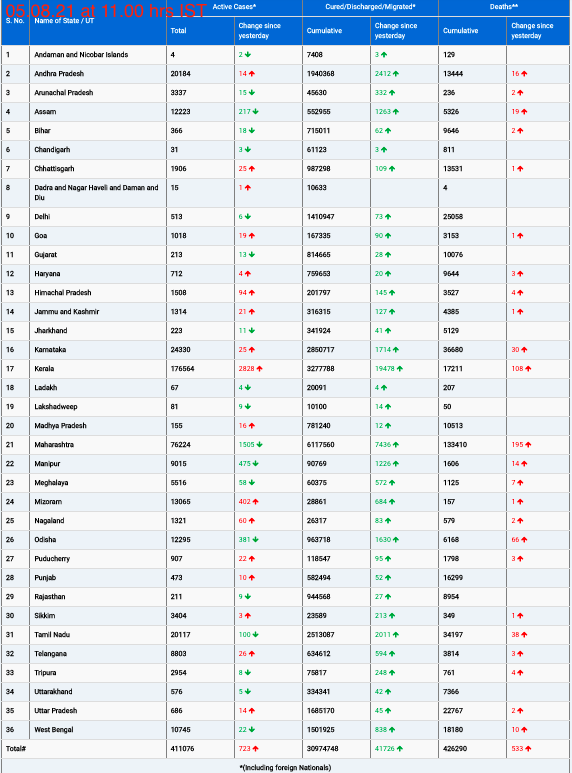Philadelphia, PA — A recent study has uncovered a surprising link between a grandparent’s education level and their grandchildren’s biological age, offering fresh insights into how factors beyond individual control might shape health outcomes across generations. The research, conducted by a team from Drexel University, the University of California, and the University of North Carolina, was published in the journal Social Science and Medicine.
The study analyzed data spanning three generations, focusing on the education levels of parents and grandparents and health data from parents and their children. Researchers found a statistically significant association between a grandparent’s level of education and the biological age of their grandchildren—a concept often referred to as “real” age, which is determined by an individual’s health profile and cellular health, rather than chronological age.
“Grandchildren of college-educated grandparents exhibited slower biological aging, suggesting a younger biological age relative to their chronological age compared to those whose grandparents did not graduate from college,” explained Dr. Agus Surachman, the study’s lead author and assistant professor at Drexel’s Dornsife School of Public Health. This correlation was measured using five different epigenetic aging clocks, which analyze DNA methylation—a biological process that changes as the body ages.
Epigenetic clocks are a cutting-edge tool for estimating lifespan and assessing the risk of chronic diseases and other health outcomes. Although these tests currently cost hundreds of dollars, experts anticipate that prices will drop as the technology advances.
Surachman emphasized the broader implications of the study, stating, “This research strengthens our understanding of how social and socioeconomic factors influence health trajectories across multiple generations. It’s not just about parental influence; our findings suggest that the effects extend an additional generation back.”
The study builds on previous research linking traumatic experiences, such as the Holocaust and Tutsi genocide, to changes in gene methylation among survivors and their descendants. However, this new research examines a more general population, focusing on educational attainment as a common metric of socioeconomic status and social stress exposure.
“We tend to place a heavy emphasis on individual responsibility for health in the United States, often blaming people for their health issues,” Surachman noted. “But this study highlights that some factors, like the education of a grandparent, are beyond our control and yet significantly impact our health. It calls for greater compassion and a rethinking of how we address public health.”
The research team also explored the potential role of maternal health in mediating the relationship between grandparental education and grandchild biological age. They found that the health of the mother accounted for about 14.5% of the link between the two, indicating that maternal metabolic health is a partial mediator of this relationship.
The study’s senior author, Dr. Elissa Epel from the University of California, San Francisco, highlighted the importance of these findings. “The connection between a grandparent’s socioeconomic status and a grandchild’s epigenetic age is remarkable. This opens up numerous possibilities for future research.”
The researchers plan to continue following the study’s participants, examining grandparent and parent predictors of offspring health as they reach adulthood. They are also investigating social and psychological factors associated with accelerated epigenetic aging in individuals with chronic conditions, such as breast cancer survivors and those with chronic kidney disease.
This research was supported by multiple grants, including funding from the National Institutes of Health and the LSP Family Foundation.
As the understanding of epigenetics and its impact on health evolves, studies like this one underline the complex interplay between genetics, social factors, and health across generations. The findings suggest that investing in education and health could have far-reaching effects, benefiting not just individuals but their descendants as well.











